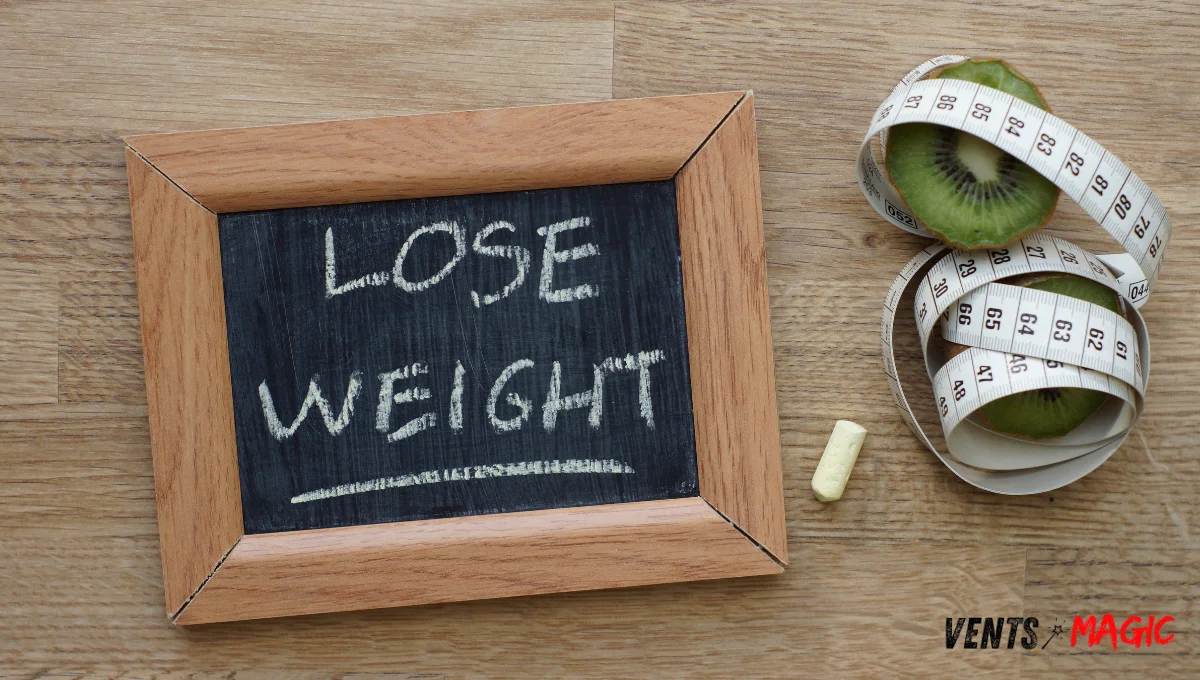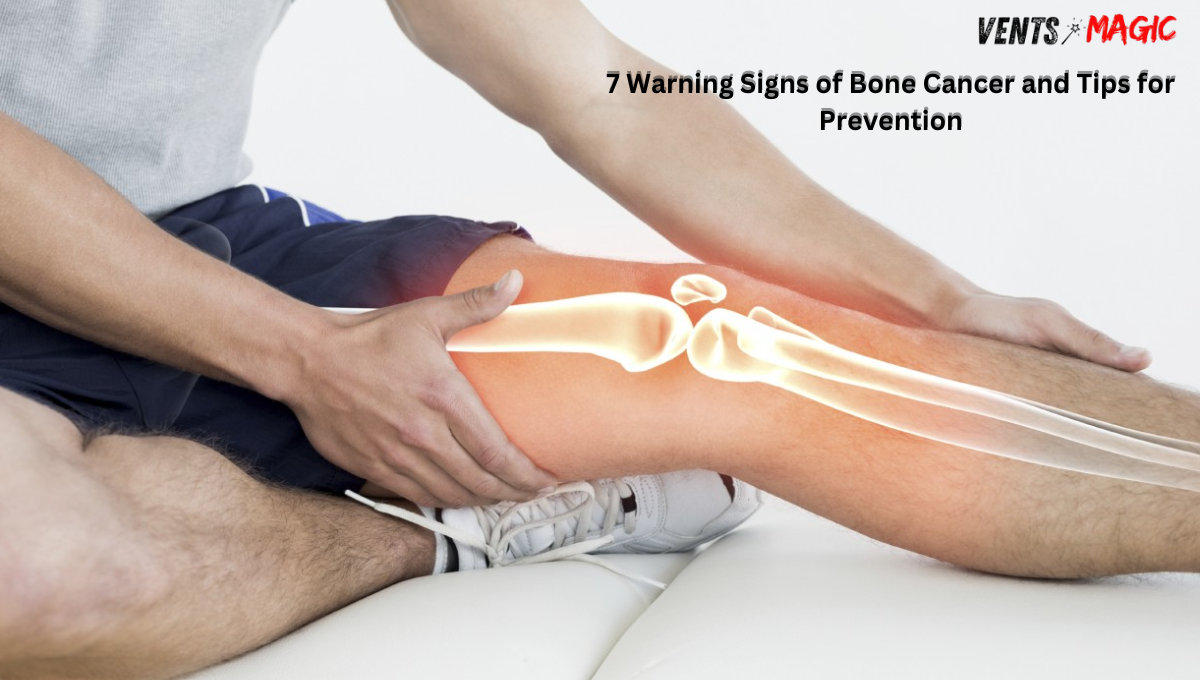Wellhealthorganic: 12 Effective Weight Lose Tips Without Dieting
The 12 foods may help you in achieving your weight loss objectives. Despite the fact that these foods burn calories, you should only use them as one component of a weight-loss plan that also includes regular exercising, getting enough sleep, and managing stress.
Also read: Wellhealthorganic Home Remedies Tag
Why Dieting Isn’t Always the Best Solution?
Dieting may seem like a quick fix, but it often leads to temporary results. One major issue is the yo-yo effect—people lose weight, then gain it back once they stop dieting. This happens because strict diets are difficult to sustain long-term. Many diets deprive the body of essential nutrients, leading to cravings, low energy, and frustration.
Instead of relying on restrictive plans, focusing on healthy lifestyle changes can offer better, long-lasting results. Gradual changes like portion control, exercise, and mindful eating work without extreme measures. Remember, weight loss without strict diets is not only possible but healthier.
12 Effective Weight Lose Tips Without Dieting
Discover 12 powerful weight loss tips that don’t require strict dieting, helping you shed pounds naturally and maintain a healthy lifestyle. Learn how small, sustainable changes can lead to long-lasting results!
1. Focus on Portion Control
- Protein has a strong appetite-stimulating impact. It can help you feel fuller and eat less calories by decreasing appetite and increasing feelings of fullness.
- This could be the case due to the fact that protein influences a number of hormones, such as ghrelin and glucagon-like peptide-1 (GLP-1) which are involved in hunger and fullness.
- A study including 105 participants found that those who followed a high-protein diet more closely lost a substantial amount of weight compared to those who followed a regular protein diet.
- If your morning meal consists of grains, you might want to think about making your meals higher in protein.
- In a study, participants who had a higher protein breakfast—such as eggs and toast—had less appetite and consumed less calories throughout the day than those who had a lower protein breakfast—such as cereal.
- Foods high in protein include almonds, Greek yogurt, chicken breasts, seafood, lentils, and quinoa.
2. Stay Hydrated
Whether you are an active person or not, drink plenty of water to stay hydrated.
Beyond assisting with weight management, water provides various other health advantages, such as:
- your joints’ lubrication and cushioning
- assisting your body in eliminating waste
- Keeping oneself hydrated
- controlling body temperature
3. Increase Physical Activity (Without a Gym!)
Exercise on a regular basis is essential for both mental and physical health. For weight loss to be successful, increasing physical activity frequency in a deliberate and controlled manner is frequently essential.
It’s best to engage in one hour of moderate-intensity exercise every day, like brisk walking. The Mayo Clinic advises that if an hour a day is not feasible, one should try to get at least 150 minutes per week.
Individuals who do not typically engage in physical activity should progressively increase both the quantity and intensity of their exercise. The best way to guarantee that regular exercise becomes a part of their routine is to take this strategy.
People may benefit psychologically by tracking their physical activity in the same way that maintaining a food journal can aid in weight loss. After logging food consumption and exercise, a person can use one of the many free mobile applications available to track their calorie balance.
If someone is new to exercising and finds the idea of a full workout frightening, they might start by practicing the following exercises to get more exercise:
- ascending the stairs
- raking the foliage
- strolling a dog
- cultivating
- dancing
- engaging in outdoor recreation
- parking further back from the entrance of the building
It is unlikely that those with a low risk of coronary heart disease will need to be evaluated medically before beginning an exercise program.
However, for some individuals, particularly those who have diabetes, a previous medical evaluation may be advised. Anyone with questions concerning appropriate exercise dosages ought to consult a medical expert.
4. Prioritize Sleep
One of the finest things you can do to keep your weight in check and your general health is to get a good night’s sleep. Research indicates that insufficient sleep is linked to weight growth and various other health issues. Researchers found that middle-aged American women who slept for little more than five hours a night had a 15% higher risk of obesity than women who slept for seven hours a night.
The hormones ghrelin and leptin, which control hunger, may be affected by inadequate sleep, making people feel more peckish throughout the day. Inadequate sleep also raises cortisol levels, which can make belly fat and other body fat more difficult to shed.
“Counting back seven to nine hours from the time you have to wake up is a great tip,” advises Darnbrough. “Most of us can’t control what time we have to get up, but we can control when we go to bed.” “To improve your deep sleep and REM, I also advocate the 3-2-1 rule, which is to stop working three hours before bed, to stop eating two hours before bed, and to stop using digital stimuli one hour before bed.”
5. Eat More Protein and Fiber
Incorporating protein-rich and fiber-rich foods into your diet can significantly reduce hunger and support weight loss. Proteins boost metabolism and keep you feeling full for longer, while fiber aids digestion and curbs overeating.
Protein-Rich Foods
Include lean meats, eggs, beans, and nuts for a sustained energy boost. These foods help with muscle repair and fat loss.
Fiber-Rich Foods
Whole grains, fruits, vegetables, and legumes are excellent sources of fiber. They promote digestion and keep you satisfied longer.
Small tweaks like adding more of these foods can lead to balanced meals and steady weight management.
6. Manage Stress Levels
Stress sets off the body’s fight-or-flight response, which initially suppresses hunger by releasing hormones like cortisol and adrenaline.
Regular stress, on the other hand, may cause cortisol to stay in the bloodstream longer, increasing hunger and possibly leading to overeating.
A few techniques for stress management include
- breathing and relaxing methods,
- yoga, meditation, or tai chi
- strolling or gardening outside during the day
7. Avoid Sugary Drinks and Processed Foods
Cutting back on sugary drinks and processed foods is one of the simplest and most effective ways to lose weight naturally and improve overall health. Here’s why making these changes can lead to significant weight loss and how you can do it.
How Sugary Drinks Impact Weight Loss
Sugary beverages like soda, energy drinks, and sweetened coffee contain empty calories that can quickly add up without providing any nutritional value. Regular consumption leads to excess calorie intake, causing weight gain over time. Cutting out these drinks can create an immediate reduction in daily calories, promoting natural weight loss.
Healthy Alternatives to Sugary Drinks
Replacing sugary drinks with healthier options is an easy way to cut sugar for weight loss. Try water infused with lemon or cucumber, unsweetened herbal teas, or sparkling water with a splash of fruit juice. These alternatives keep you hydrated without the extra calories.
The Harm of Processed Foods
Processed foods are often high in unhealthy fats, sugars, and preservatives, making them harmful for long-term health. They are low in nutrients but high in calories, which can slow down metabolism and lead to weight gain. Regular consumption of processed foods can also cause cravings, making it harder to maintain a healthy diet.
8. Eat Slowly and Chew Thoroughly
It takes time for your brain to register that you’ve eaten enough.
Eating more slowly when you chew your food well is linked to consuming less food overall, feeling fuller afterward, and consuming smaller portions.
Your weight may also be impacted by how quickly you complete your meals.
Those who ate slowly had a much lower body mass index (BMI) than fast eaters.
Counting the number of times you chew each bite can help you develop the habit of eating more slowly.
9. Stay Consistent with Small Habits
Staying consistent with small habits is essential for long-term success. Simple changes, like taking a daily walk or drinking water in the morning, can significantly improve your health. By focusing on sustainable practices, you build a foundation for lasting weight loss and a healthier lifestyle without overwhelming yourself.
The Importance of Small Changes for Weight Loss
Embracing small, sustainable habits is key to achieving long-term weight loss. Drastic lifestyle changes can be overwhelming, but focusing on minor adjustments makes for a more manageable path to better health.
Daily Walks: A Simple Step Towards Health
Incorporating daily walks into your routine is an easy way to boost physical activity. Aim for just 20-30 minutes each day. Walking not only burns calories but also enhances mood and energy levels, making it a valuable habit for weight management.
Start Your Day with Hydration
Drinking water first thing in the morning helps kickstart your metabolism and can curb hunger. This small act promotes better digestion and can aid in reducing calorie intake, exemplifying a healthy habit for sustainable weight loss.
More Small Habits to Integrate
- Mindful Eating: Eat slowly and enjoy your meals to prevent overeating.
- Healthy Snacking: Choose fruits, nuts, or yogurt instead of processed snacks.
- Limit Sugary Drinks: Swap sugary beverages for water or herbal tea.
- Regular Sleep Schedule: Aim for 7-9 hours of quality sleep to regulate hunger hormones.
10. Be Patient and Trust the Process
Weight loss takes time and effort. Embrace patience and trust that consistent actions will yield results. Remember, every small step you take brings you closer to your goals—stay focused and keep moving forward.
Small Changes for Weight Loss
Adopting small, sustainable habits can lead to long-term weight loss success. These tiny changes are easier to maintain and can significantly impact your health over time.
Healthy Habits for Sustainable Weight Loss
Start by incorporating simple habits into your daily routine. For example, taking a daily walk can help you stay active without overwhelming yourself. Aim for a 20-minute stroll, which can boost your mood and burn calories. Additionally, drinking water first thing in the morning can kickstart your metabolism and keep you hydrated throughout the day.
By focusing on these small changes for weight loss, you’ll create a foundation for healthy habits that support sustainable weight loss. Remember, consistency is key—small habits lead to big results!
11. Track Your Progress
Keeping track of your progress can be a great motivator in your weight-loss journey. Whether it’s through a food diary, fitness app, or simply noting how your clothes fit, tracking helps you stay accountable.
It also gives you insights into what’s working for you, allowing you to make necessary adjustments along the way.
12. Get Support from Friends or Family
Weight loss doesn’t have to be a solo mission. Having support from friends or family can boost your motivation and keep you on track. Whether it’s walking with a buddy, sharing healthy meal ideas, or just having someone to talk to, a strong support system can make a big difference.
Conclusion : 12 Effective Weight Lose Tips Without Dieting
In summary, achieving weight loss without strict dieting is not only possible but also healthier. The 12 effective tips shared from Wellhealthorganic.com emphasize the importance of making simple lifestyle changes. By focusing on portion control, increasing physical activity, prioritizing sleep, and incorporating more protein and fiber into your diet, you can create a balanced approach to weight loss.
Additionally, managing stress, staying hydrated, and avoiding sugary drinks and processed foods are crucial for your journey. Remember, small changes can lead to significant results over time. Trust the process, stay consistent, and embrace a healthier, more sustainable lifestyle. Your weight loss goals are within reach!
FAQs: 12 Effective Weight Lose Tips Without Dieting
This FAQ section addresses common questions about effective weight loss strategies without strict dieting, offering insights on sustainable habits, the importance of physical activity, stress management, and the role of sleep.
Q. What is the fastest way to lose weight?
Reducing calories and exercising frequently can help you lose weight gradually and sustainably. In order to lose up to one pound each week, experts advise eating 500 less calories per day and exercising for at least 150 minutes a week, which equates to 30 minutes a day, five days a week.
Q. What is the best diet to lose weight quickly?
Whole, unprocessed foods like fruits, vegetables, and lean meats like fish and chicken are part of the optimal diet for weight loss.
Q. How can I lose weight naturally in 7 days?
Eating more fiber and drinking lots of water, especially before meals, can increase satiety (the sense of fullness after eating) and reduce overeating, both of which can eventually help with weight loss
Q. How many calories should I eat to lose weight?
One pound of weight loss per week could be achieved by consuming 500 fewer calories every day. You can use a calorie calculator to figure out how many calories you should consume each day.
Q. What’s the best way to lose belly fat quickly?
According to research, body fat may decrease with gradual weight loss achieved through healthier eating practices and greater exercise.




Pingback: Instagram Pro APK Download Latest Version For Android 2024 -
Pingback: Is-Better-Hot-Water-Or-Cold-Water-Bath